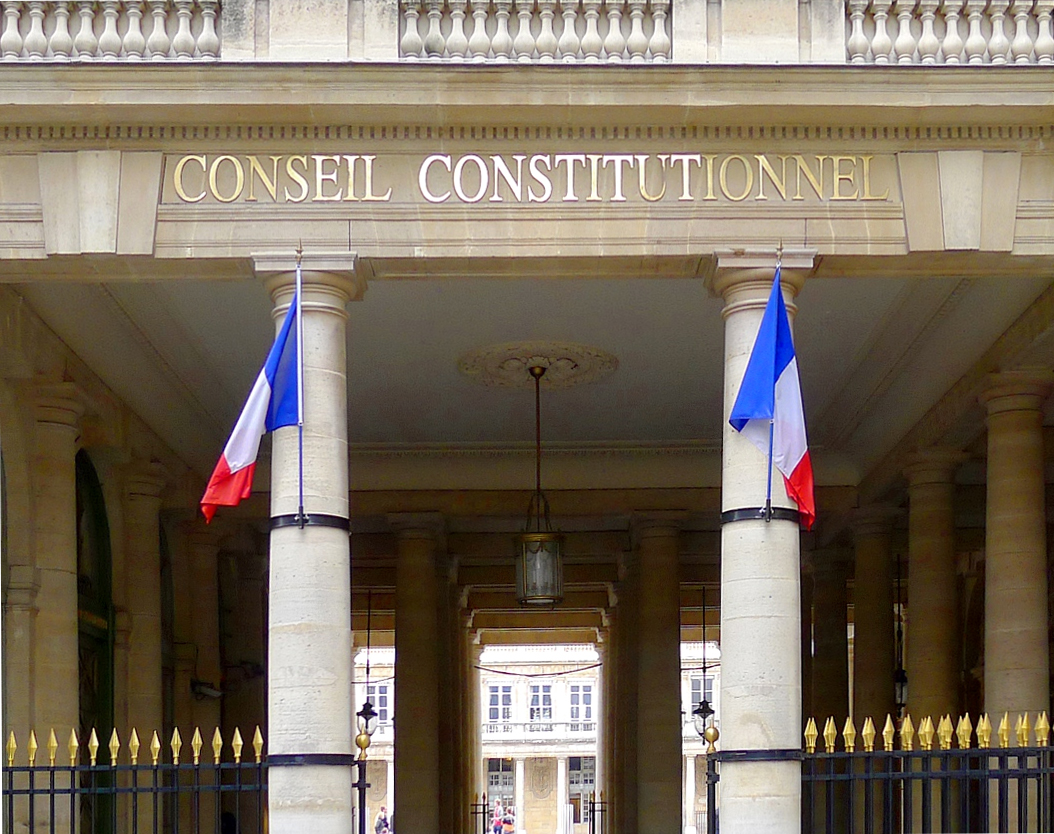French Constitutional Council, No. 2021-822 DC, 30 July 2021

With decision No. 2021-822 DC, of 30 July 2021, the French Constitutional Council – on the referrals of some members of the Senate (with two separate saisines parlamentaires) – ruled on some provisions of a draft law dealing with the prevention of terrorism and intelligence services.
First, the referring senators argued that a provision of the law allowing the Minister of interiors to limit free movement of suspected persons violated the right to private life and freedom of domicile of the individual. The Constitutional Council rejected this ground of complaint arguing that the ban does not extend to a person’s domicile and, for this reason, it does not touch upon the right to private life.
Second, the saisines pointed out that the extension to 24 months of the maximum length of a surveillance mechanism called MICAS (measures individuelles de contrôle administratif et de surveillance) violated freedom of movement as well as the right to private and family life. The Constitutional Council, although recognizing that the French legislator had adopted such measures in order to protect public order, enshrined in the Constitution, ruled that no appropriate balance had been struck between such need (protection of public order) and rights and freedoms at stake. In other words, these measures were disproportionate to the pursued goal. Hence, it declared the unconstitutionality of the provision extending the duration of MICAS.
Third, the senators observed that a provision of the law, providing for specific tools aimed at preventing the reiteration of terrorist crimes, were vague and unclear, not allowing to understand their scope of application. This ground of complaint was rejected by the Conseil Constitutionnel, holding that measures were not vaguely drafted and that, anyway, they were proportionate to the general goal of fighting terrorism.
Lastly, the saisines criticized the provision of the law extending the possibility to classify certain documents potentially endangering national security and defense. In particular, the referring senators argued that the time extension was not justified by an increase in the level of threat posed by terrorism. The Council upheld the provision, but adopted a réserve d’interpretation, ruling that this provision shall not apply when the information is already accessible to the general public.
(Comment by Chiara Graziani)

